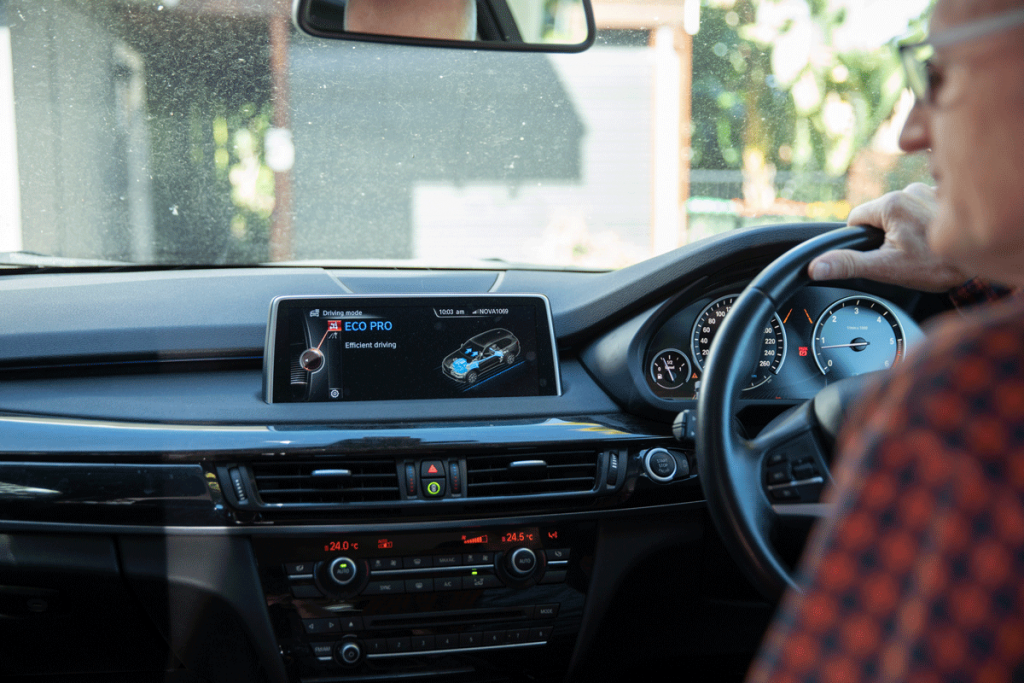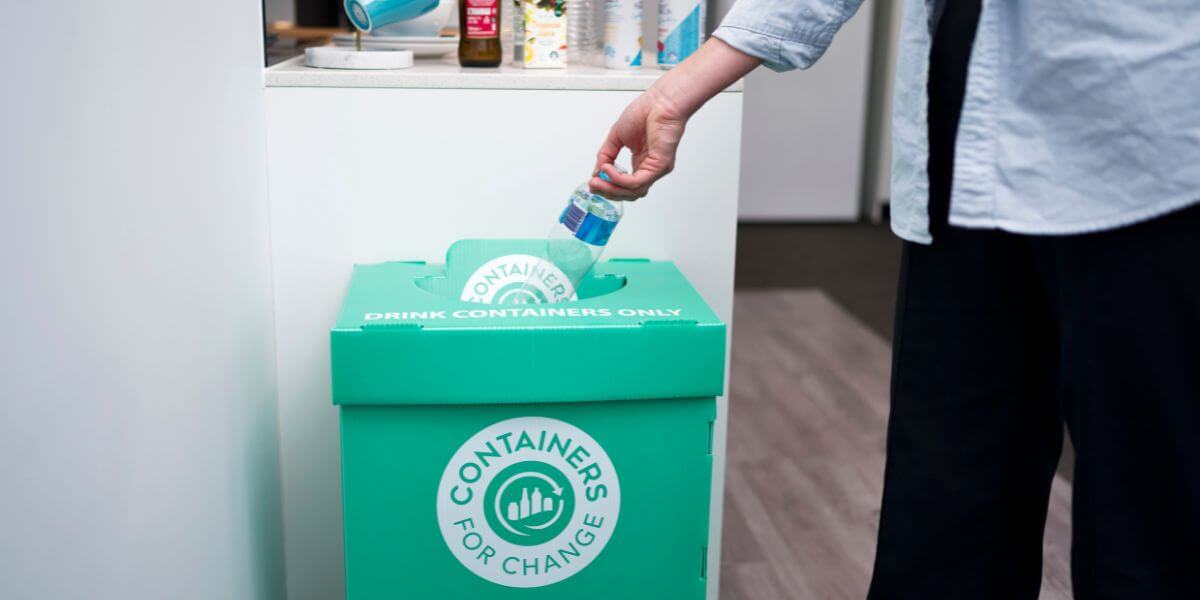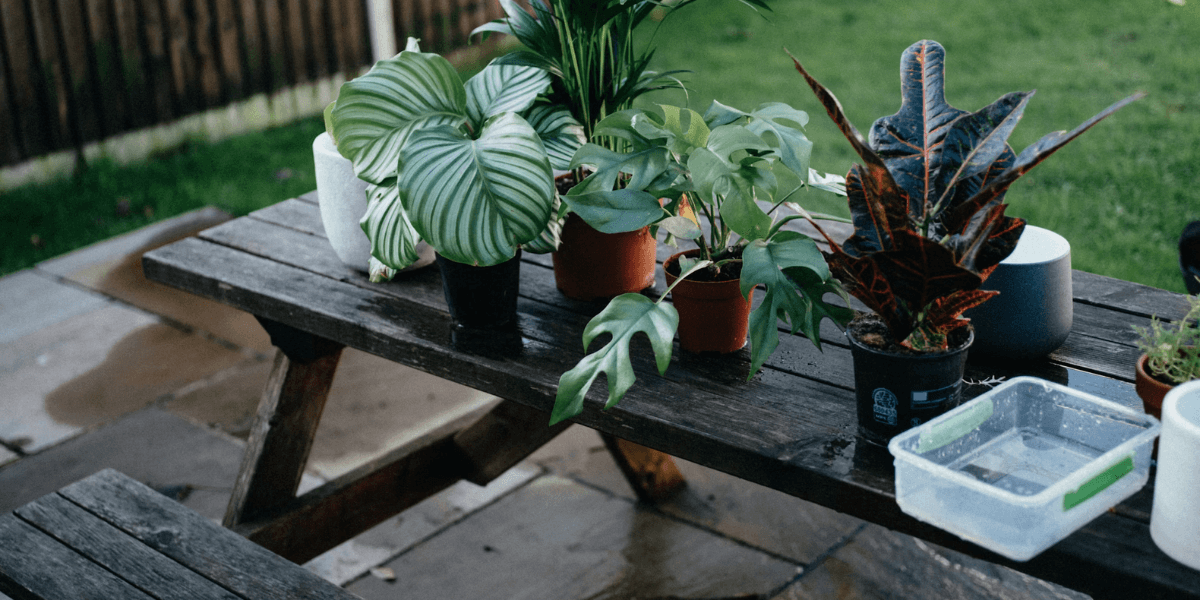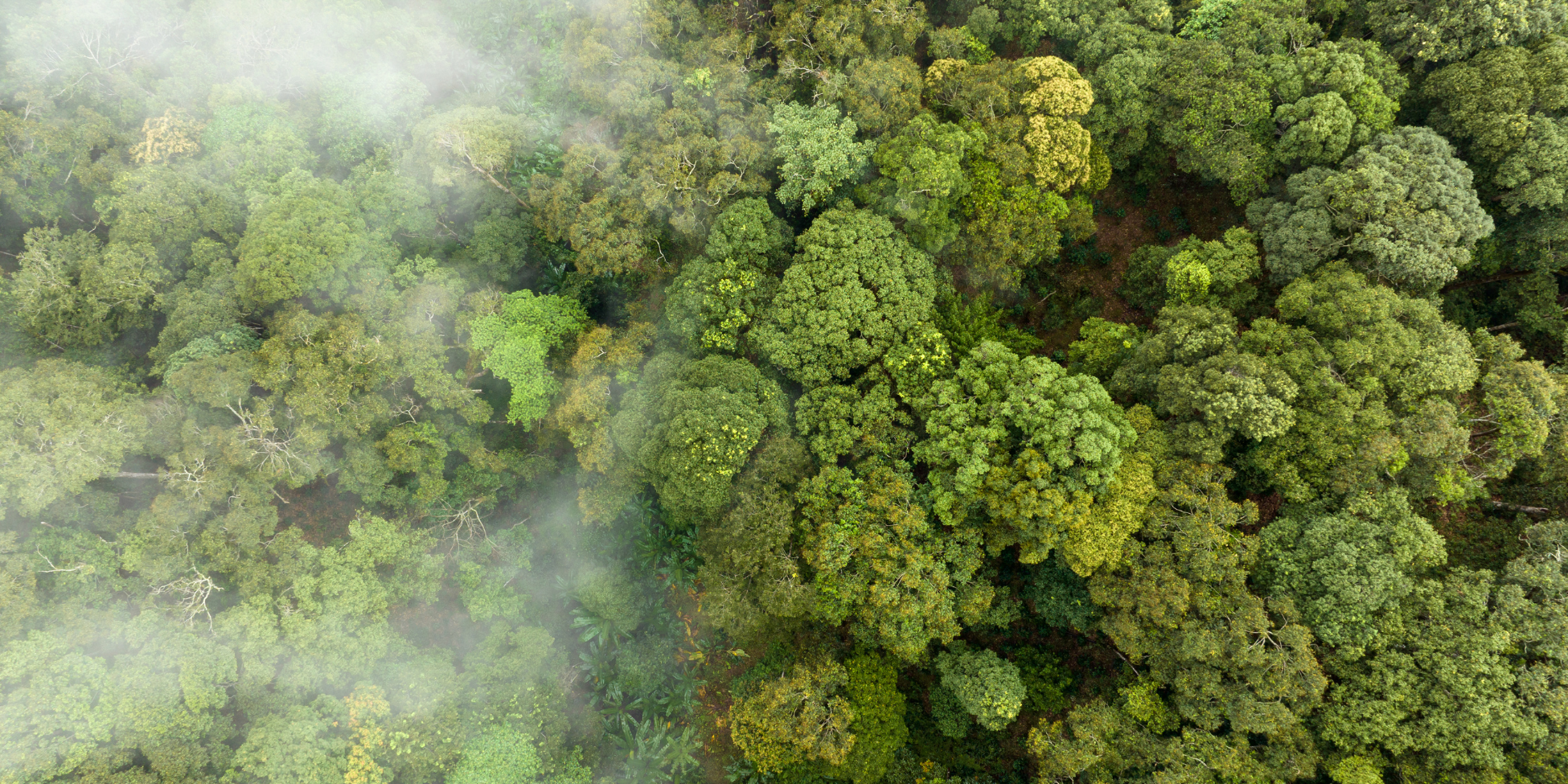REDUCE EMISSIONS
BUDGET-FRIENDLY TIPS FOR REDUCING YOUR HOUSEHOLD CARBON EMISSIONS
Lowering your household carbon emissions doesn’t have to be an expensive exercise. We give you tips on how the Brisbane Carbon Challenge can help you reduce your carbon emissions without breaking the bank.
Reducing your household carbon emissions by 50% can seem like a daunting task. Doing this on a budget can seem impossible. Thankfully, we are working with champion households across Brisbane, who are taking the Brisbane Carbon Challenge and proving that you can take actions that are carbon-reducing and budget-friendly.
SO WHAT IS THE BRISBANE CARBON CHALLENGE?
The average Brisbane household emits approximately 11.55 tonnes of carbon emissions every year (about the same as driving from Brisbane to Perth 16 times!). Brisbane City Council is supporting the city’s residents to reduce their household carbon emissions and help make Brisbane a low carbon and climate-resilient city. To help households achieve this, Council has developed this simple calculator that estimates household carbon emissions from transport, home energy and waste. Of these sources, the biggest culprits are transport and home energy, which account for 48% and 47% of the average household’s carbon emissions respectively. While waste generally only makes up around 5% of a household’s carbon footprint, there are still many simple, important actions you can take to reduce emissions from this source.
We are working with champion households across Brisbane, committed to reducing their carbon emissions by 50% over 2021. They all have personalised actions that are helping them reduce their household carbon emissions, and a lot of these are budget-friendly! Read on for some tips.
REDUCING YOUR TRANSPORT CARBON EMISSIONS.
Transport is the largest contributor to household carbon emissions due to the CO2 emissions from fuel used in cars and other vehicles. See below for some budget-friendly tips for reducing your carbon emissions:
- Drive less: Ok, this one might seem obvious. However, committing to replacing a few of your shorter, weekly car trips with walking can have a noticeable impact on your household carbon emissions. Not only will walking stop the potential carbon dioxide emissions from your car trip, but it will also save you on fuel costs.
- Practice eco-driving: We know that replacing all your car trips with walking will be hard. However, there are still some things you can do that are sustainable and cost-effective. According to a study from RACQ, making minor changes and being conscious of eco-driving can save you 4.6% on fuel consumption, reducing your transport carbon emissions by 4.5%. Some tips for eco-driving include maintaining an efficient speed, avoiding unnecessary idling, or minimising over-acceleration.
Our friends at GoFar have a fantastic in-car device that can help you with eco-driving. While their device starts at a one-off payment of $99, the fuel savings from eco-driving can save the average Brisbane household $175 yearly!

How David Sawers is reducing his transport carbon emissions.
David lives in Geebung and wants to lower his emissions from 9.11 tonnes to 4.56 tonnes. Most of his carbon emissions currently come from transport, so David is looking for ways to reduce this.
Typically catching an Uber between client meetings for work, David has now structured his work week so he can walk to and from all his meetings. When David is driving, he has started using the eco-driving setting in his car to help him reduce his fuel consumption. These actions will save David almost half a tonne of carbon emissions, as well as saving him up to $1,000 in ride-sharing and fuel costs yearly!
REDUCING YOUR CARBON EMISSIONS FROM WASTE.
While waste doesn’t contribute as much to household carbon emissions as energy and transport, households can make a big difference in this area with a few minor changes.
- Start composting: Over 3% of Australia’s total greenhouse gas emissions come from organic matter breaking down in landfill. Disposing your food scraps into a compost solution is a great way to reduce your household carbon emissions.
Thanks to Brisbane City Council, you can claim a compost rebate of up to $70 when you buy a new compost solution. Click here to read more about the Council’s compost rebate program here. - Convert to reusable nappies: Brisbane residents dispose of more than 12,000 tonnes of disposable nappies, which are non-recyclable, resource-intensive and estimated to take up to 500 years to break down.
Reusable nappies can set you back anywhere between $30 – $300 upfront depending on the quantity purchased. While at first, that may not seem very budget-friendly, households can save up to $585 annually on nappies while reducing carbon emissions by 0.18 tonnes due to the ongoing costs of purchasing nappies throughout the year.
How the Braatvedt family are reducing their waste carbon emissions.
Sheridan and Phil Braatvedt have a baby boy at home and have recently made the switch to using reusable nappies. By switching to reusable nappies, the Braatvedts can reduce their waste carbon emissions by 0.7 tonnes. They are also starting to compost all their organic food waste.
REDUCING YOUR ENERGY CARBON EMISSIONS.
Another heavy hitter for carbon emissions is energy. Renewable energy solutions such as installing a solar power system can quickly and dramatically reduce household carbon emissions. However, we know that not all households can make the transition to solar just yet, due to the upfront costs. In the meantime, there are many cost-effective actions you can take that will reduce your energy related carbon emissions.
- Switching to LED lights: This one is a no brainer. While the up-front sale price of LED lights ($10-$15) can be higher than traditional Halogen bulbs (approximately $5), LED bulbs are up to 85% more energy efficient. LED light bulbs also last 5 times longer than Halogen bulbs, meaning you will spend less on replacement costs. Considering this, the yearly cost to run a Halogen bulb is roughly $17 more expensive than an LED bulb. Therefore, the average Australian household can save up to $250 a year by switching to LED light bulbs!
- Get a low-flow showerhead: The Water Efficiency Labelling and Standards (WELS) system helps us know whether a showerhead is water-efficient or not. To give you an idea of what that means, a 3-star WELS rated showerhead will use around 5 litres of water per minute. In comparison, an inefficient showerhead will use anywhere between 15 and 25 litres per minute. So, while we know this is sustainable, how do the numbers stack up? 3-star showerheads can start from anywhere around the $60 mark, and amazingly, making this switch can save a household of 4 around $320 each year on water and energy bills!
How the Churton household are reducing their home energy carbon emissions.
Hannah and James live in Bardon with their two children and hope to reduce their carbon emissions from 11.86 tonnes to 5.93 tonnes.
Energy use makes up 8.77 tonnes of their carbon emissions, so they have decided to focus on this and install a solar system to power their home with zero emissions electricity. However, there are many other things they are doing around the house that will reduce their electricity use, meaning they won’t need to generate as much from their solar system.
The Churtons are upgrading all their old light bulbs to LEDs. As well as this, they are switching off appliances at the wall, reducing use of their pool pump and plan to use ceiling fans over the summer rather than the air conditioner. Amazingly, these changes will reduce their electricity use by 1,809 kilowatt-hours – around 19% of their current usage – and save them approximately $1,000 on energy bills!
SO HOW CAN YOU REDUCE YOUR HOUSEHOLD CARBON FOOTPRINT?
The best thing you can do to start your carbon-reducing journey is to estimate your household carbon emissions. By doing this, you will know how your current carbon emissions stack up against the city-wide average and specific areas to work on.
The Brisbane Carbon Challenge calculator is a simple tool that can do this for you. Complete the questions in the calculator, and you will receive an estimate of your household CO2 emissions plus tips to help reduce them. Over 1,500 households have taken the Brisbane Carbon Challenge, so join them and start today!

The author
This post was written by the BSA Sustainable Living team! We’re here to help you reduce your environmental footprint and lower your cost of living along the way.








